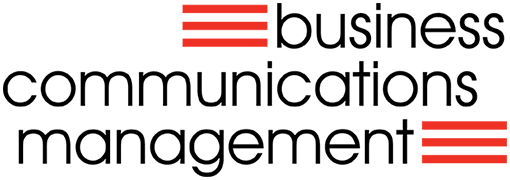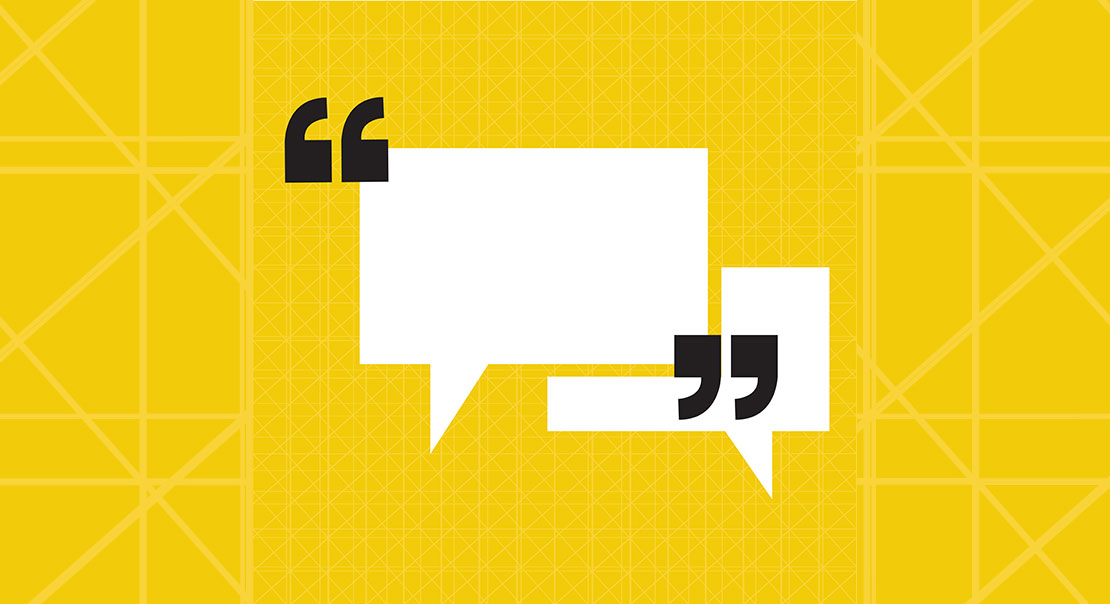What is Proofreading?
As the name suggests, a proofreader reads a proof. That is to say, the proofreader is the last person to read through a manuscript before it is published.
While what they do is straightforward, the service they provide is invaluable. Even the most gifted writers and editors can miss out a comma or omit a word. A proofreader goes through a manuscript in meticulous detail.
What you can expect proofreading to address?
Many new authors skip over the previous editing steps and give their work straight to a proofreader.
This is a tremendous mistake. A proofreader’s remit is to correct spelling, grammar, and punctuation.
They will not tell you whether your story is good or bad; they will not address the flow of sentences or paragraphs; They won’t call attention to anachronisms or errors of fact.
One of the main advantages of a proofreader being someone other than your editor is they will be looking at the manuscript with fresh eyes. They may – and often will – pick up things which have been missed in the other stages of editing.
Choosing a proofreader
Recommendations from other authors is an excellent place to start.
The proofreader doesn’t necessarily have to be experienced in the style of fiction you write.
It is always important to book your proofreader in advance, or be prepared to wait.
Depending on the length of the manuscript, a proofread can take two to three weeks once the proofreader has started work.
What about non-fiction titles?
Non-fiction titles benefit from proofreading. A specialist technical writer in your field would be a good person to start with.
How much does proofreader cost?
This can depend. Some charge a flat fee. Others charge differing amounts depending on word count.
This may be represented in one of two different ways:
- a dollar amount per 10,000 words, or
- 50,000-80,000 words is X dollars; 81,000 to 100,000 words is Y dollars, and so on.
You may be asked for the full payment upfront, or to pay a 50% deposit before work begins. Some proofreaders may accept payment on completion.
How do I know if the proofreading is going to be good?
Ask your proofreader for references, or they may offer to do a three chapter or 5,000 word sample read at a much reduced fee.
If your copy or line editor is the same person who will be your proofreader, you might receive a 10-20% discount on their regular fees.
What happens next?
Once the proofreading is complete, your manuscript is now ready for formatting if you are planning to self-publish, or, if you are looking for a traditional publishing contract, to pitch to a publisher or agent.
BCM Portfolio
Articles | Opinions | Portfolio
Thoughts, news, and views on the world of books and editing.
BCM Blog
Articles | Opinions | Portfolio
Thoughts, news, and views on the world of books and editing.
Write convincing and realistic dialogue your readers will love
If you want to create a good novel, you need to write convincing and realistic dialogue your readers will love. When your characters are talking, what they say can
Traditional publishing, self-publishing, vanity publishing, and indie publishing – what are the differences?
In the modern world of publishing there’s a whole of new set of terms to know. In this article, we talk about publishing and explore what terms mean so



